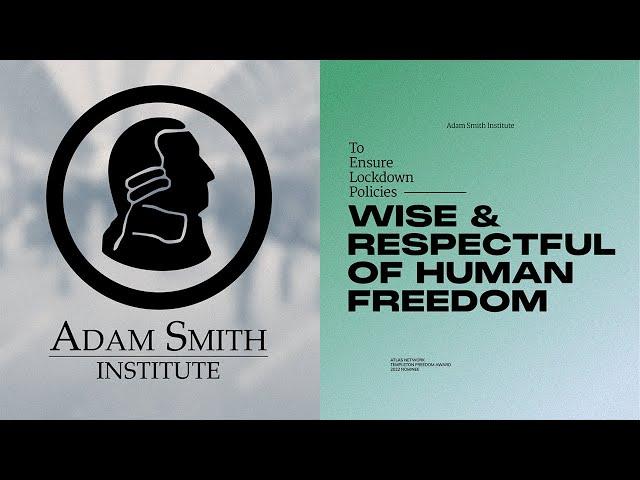
Adam Smith Institute | 2022 Templeton Freedom Award Finalist
Комментарии:
Из Нью-Йорской Области. Поляк из Союза!
Архивы Поляка
Paras ke sath hua toofan me hadsa
Paras Thakral Vlogs
ДФЦТ "Новочеркасск от Ю. Гагарина до Н. Чуба"
Борис Черницын
Mermaid Melody - Ashita ga Mienakute Lyrics
AlinakaProductions
2016 EDC Essentials: Pt 3: The EDC Bag - Preparedmind101
PREPAREDMIND101
Sana Amjad की असली सच्चाई देखलो
Vlogi Reaction
Saxophone Set-Up by Conn-Selmer, Inc.
connselmerinc


























